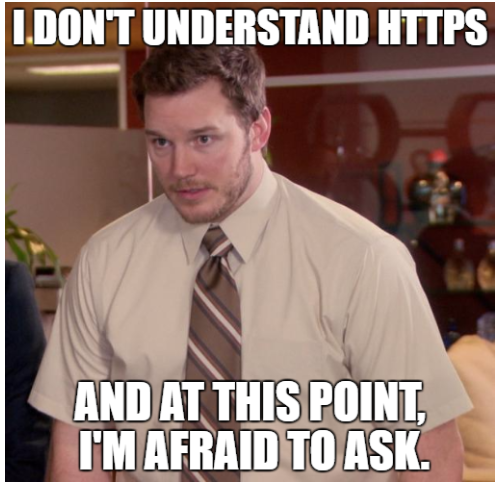It’s been two years since Google began calling for “HTTPS everywhere.” And now WordPress has started migrating all the custom domain sites it hosts over to these securely encrypted sites.
The protocol, designed to enhance cybersecurity, is rapidly growing in popularity – a study from Moz found that as of June 2016, about 33 percent of all first-page Google results use HTTPS, up from 8 percent two years ago. They also predicted that by the end of 2017, about half of first-page Google results will be secure. Not only is HTTPS more secure and drastically growing in use, but, perhaps most importantly, Google now considers it a ranking signal.
The rise of HTTPS mirrors the uptick in security breaches
The rise of HTTPS is a response to the current widespread threat of third-parties accessing or altering “private” information online. From Sony’s 2014 breach surrounding the release of The Interview, to the 2015 attack on healthcare provider Anthem Inc., which exposed 80 million personal records, no online entity is safe. Even the U.S. government was hacked in 2015, exposing sensitive information of four million federal employees.
That’s where HTTPS comes in. Not only can it protect companies from common security risks, but it has added value from a marketing standpoint. There’s only one problem – not every marketer speaks tech.

How can HTTPS help my site’s performance?
HTTPS is an internet protocol for communication and the exchange of information – the only difference between it and HTTP (without the “S”) is that the data on an HTTPS site is encrypted to withstand modifications, malware and theft.
While some users who update to HTTPS might experience hangups – additional costs, incompatibilities between the secure and nonsecure assets on their sites, and some minor problems getting their sites immediately crawled after the switch – the benefits far outweigh the detriments.
1. SEO
The protocol is designed with security and safety in mind for both site owners and their visitors, but switching over to the HTTPS protocol can also offer some significant SEO benefits.
Google has admitted they’ll be treating it as a ranking signal, making it all the more important to consider transferring your site to the secure protocol. The search engine considers security an extremely high priority for all of the sites that it indexes, so it stands to reason that, as Moz pointed out, HTTPS is becoming more prominent in page-one SERPs.
According to a senior member of Brafton’s tech support team, John Parks, there are certain types of assets, such as videos and iframes, that can only be served up via HTTPS for Accelerated Mobile Pages. As AMPs becomes more widespread, implementing HTTPS will allow marketers to keep up with, and take advantage of, the popular mobile format, which is emerging as a beneficial tool for businesses.
2. Security
You might not be a bank, or a movie studio, or a federal government. But you still have assets and data that could be valuable to cybercriminals. Often, those valuable assets are intrinsically linked to your customers, and keeping them out of harm’s way is good business. Just look at why WordPress made the switch. When the blog hosting platform announced they’d be moving all of their sites to HTTPS, they cited protecting their loyal customers from digital surveillance, cookie and data theft and identity-hijacking as their main concerns.

3. Bragging rights
Parks also explained that a major, but subtle reason to go “S” isn’t even a cybercrime or technical issue – it’s to signal that your brand is cognizant of the issue of security. WordPress and TechCrunch both wrote rightfully self-congratulatory blogs about becoming secure sites to let their customers know they were implementing protection. If and when you switch over to HTTPS, the green padlock you’ll sport on your URL bar will give your users peace of mind when they come to your site.
Keeping the needs of customers and prospects top of mind is the first Marketing 101 tenet we learn, and it should inform all content, web development and marketing campaigns. It only follows that your website should be secure enough to protect the customer’s valuable information, especially in the era of cybercrime.
Whether you are a B2C site in the e-commerce space, or a B2B business with databases full of email addresses and other sensitive information, the risk of having your information (or your clients’ data) stolen, tampered with or destroyed is too high. Coupled with the significant added SEO and performance benefits, upgrading to HTTPS could be a valuable investment to keep their customers and prospects feeling valued and safe.





